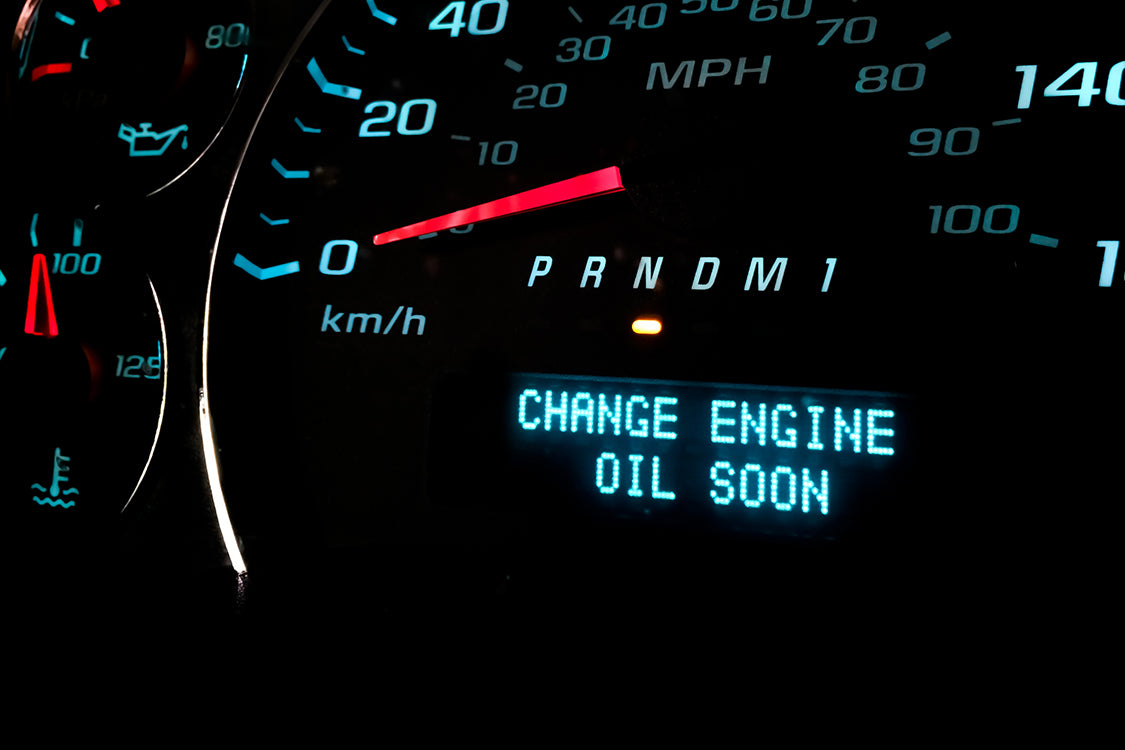
When asked, you may hear answers such as every 3000, 5000 or 7500 miles, or when the vehicle's oil monitor indicates that this service is necessary. It is no wonder consumers are confused. The simplest answer... well, there is no simple answer! In fact, there is no interval that applies to most vehicles.
AMRA/MAP has been examining this question for some time. Read on to find out what we feel every motorist needs to know about this subject.
The engine serves as the heart of your vehicle, so changing its oil based on the manufacturer's recommendation is perhaps the single most important thing that you can do to keep your vehicle's engine running longer. However, you must read these recommendations closely to determine the correct interval; the interval that matches your vehicle's operating conditions and your driving habits.
The Normal interval listed in the owner's manual applies to vehicles driven under ideal conditions. While you may consider your driving habits and operating conditions quite normal, read the fine print. Some exceptions to Normal driving include:
These conditions commonly appear in the description of severe service driving.
AMRA/MAP advises that you read your owner's manual to locate the correct interval.
You should follow the manufacturer's service schedule that best matches your vehicle's operating conditions.
Those recommendations may include:
AMRA/MAP has been examining this question for some time. Read on to find out what we feel every motorist needs to know about this subject.
The engine serves as the heart of your vehicle, so changing its oil based on the manufacturer's recommendation is perhaps the single most important thing that you can do to keep your vehicle's engine running longer. However, you must read these recommendations closely to determine the correct interval; the interval that matches your vehicle's operating conditions and your driving habits.
The Normal interval listed in the owner's manual applies to vehicles driven under ideal conditions. While you may consider your driving habits and operating conditions quite normal, read the fine print. Some exceptions to Normal driving include:
- Frequent short trips (less than 10 miles, especially during cold weather)
- Stop-and-go city traffic driving
- Driving in dusty conditions, on gravel roads, etc.
- Driving at sustained highway speeds during hot weather
- Towing use
- Diesel or turbocharged engine
These conditions commonly appear in the description of severe service driving.
AMRA/MAP advises that you read your owner's manual to locate the correct interval.
What about the 3000 mile oil change myth?
Consider these facts:- Oil requires complex additives and detergents to help prevent corrosion and sludge buildup
- Additives allow oil to flow freely at extremely cold temperatures while also providing protection under extremely hot temperatures
- Testing shows that aer 3000 miles the oil itself still lubricates, but the depletion of critical additives may no longer allow the oil to offer the same protection and benefits
- Longer intervals may benefit the environment, but perhaps at the expense of engine life
Proper Maintenance Helps Extend Vehicle Life!
Your driving type or vehicle usage may affect the maintenance intervals below.You should follow the manufacturer's service schedule that best matches your vehicle's operating conditions.
Those recommendations may include:
- Change your engine oil at the vehicle manufacturer's recommended service interval that matches your vehicle's operating conditions and your driving habits
- Check your tire inflation pressure monthly
- Rotate your tires at the vehicle manufacturer's recommended service interval or every 6 months/5,000 miles
- Change the engine air filter annually or when visibly restricted.
- Inspect Brake System every 12 months/15,000 miles
